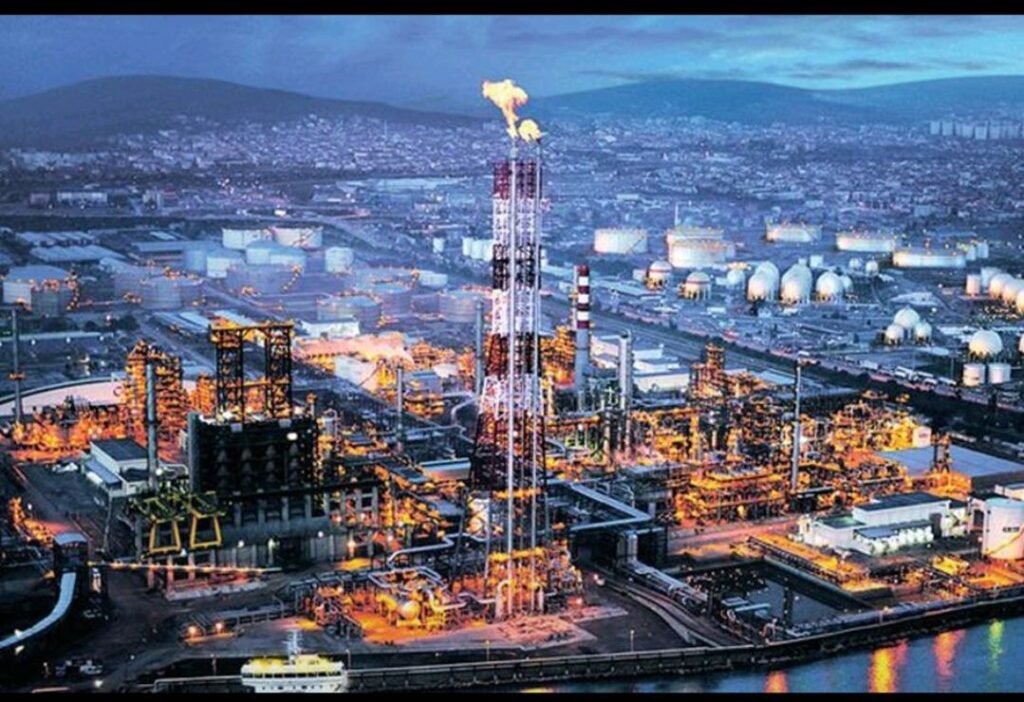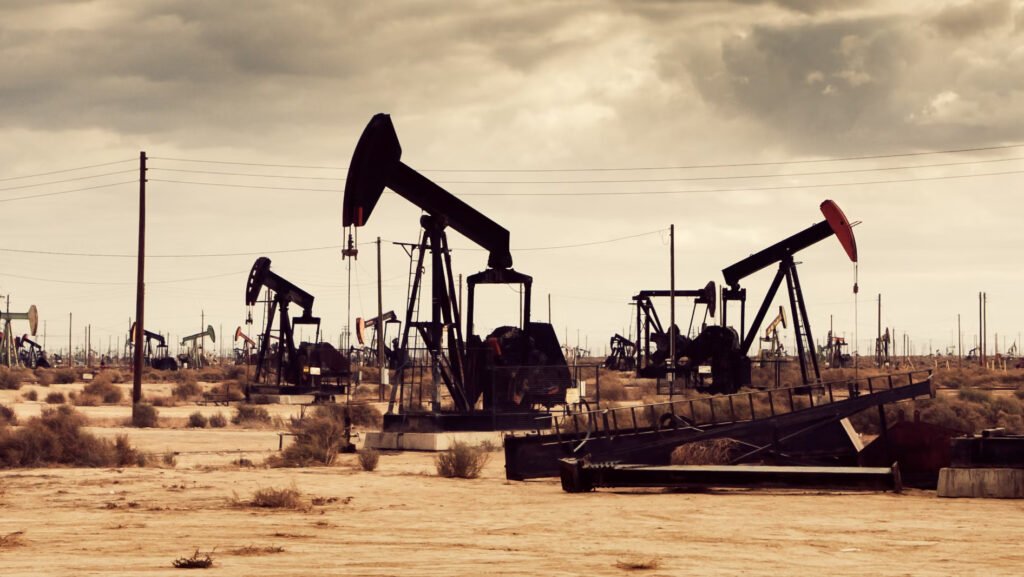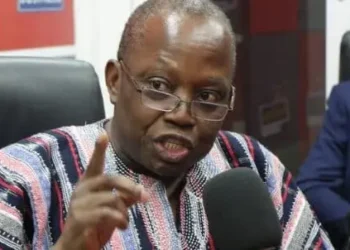Uganda is set to make a historic leap in Africa’s downstream energy sector with the construction of its $4 billion oil refinery, which is expected to begin operations between late 2029 and early 2030.
The long-awaited project, located in Kabaale, Hoima District, is being positioned as one of Africa’s most strategic industrial investments, a game-changer that will significantly reduce the continent’s dependence on imported fuels while driving regional economic growth.
According to Michael Nkambo Mugerwa, General Manager of the Uganda Refinery Holding Company, the project marks Uganda’s transition from a crude oil exporter to a refined product hub.
Mugerwa said the refinery would “anchor Uganda’s transformation into a refined petroleum products hub, capturing the full downstream value chain for national and regional benefit.”
“This project goes beyond fuel production.
“We are looking at petrochemicals, kerosene, fertilizers and gas processing, the refinery is designed to capture the full value chain.”
Michael Nkambo Mugerwa, General Manager of the Uganda Refinery Holding Company
$4 Billion Commitment to Energy Independence

The refinery, being developed jointly by the Uganda National Oil Company (UNOC) and UAE-based Alpha MBM Investments, will have an initial processing capacity of 60,000 barrels per day.
Under the agreement signed in March 2025, UNOC will hold a 40% equity stake, while Alpha MBM will finance the remaining 60%.
The decision to pursue full equity financing follows challenges Uganda faced in securing international debt due to global banks’ retreat from fossil fuel projects.
However, Mugerwa noted that investor confidence remains strong, with 15 investors already committed to the project. “We have significant momentum now, and construction of supporting infrastructure is already underway,” he said.
The refinery will form the anchor of a larger industrial ecosystem within the Hoima Industrial Park, an ambitious $3–4 billion complex that could attract an additional $1–2 billion in associated investments.
The site is being equipped with new roads, water infrastructure, and a 200 MW high-voltage power supply, all designed to support industrial growth and integration.
Once operational, the refinery will not only serve Uganda’s domestic fuel market but will also supply neighboring Tanzania and the Democratic Republic of Congo (DRC).
This will create a cross-border corridor for refined fuels and petrochemicals, strengthening regional trade and energy security.
Building a Broader Energy Base
Uganda’s energy leadership sees the refinery as a cornerstone of the nation’s broader industrial and energy diversification strategy.
Irene Bateebe, Permanent Secretary at the Ministry of Energy and Mineral Development, said the government was expanding its energy portfolio to support industrialisation and sustainable growth.
“We have committed $5 billion for power infrastructure. This is about building a sustainable energy base for the future.
“Our goal is to scale Uganda’s generation capacity to 10,000 MW, integrating hydro, solar, and nuclear energy sources alongside oil and gas.”
Irene Bateebe, Permanent Secretary at the Ministry of Energy and Mineral Development
Uganda’s refinery is emerging as part of a broader continental movement to restore Africa’s refining capacity and capture more value locally.
The successful commissioning of Nigeria’s $20 billion Dangote Refinery earlier in 2025 has demonstrated the transformative power of domestic refining projects.
Since becoming operational, the Dangote Refinery has cut Nigeria’s fuel imports by more than half and begun exporting refined products to international markets.
Industry analysts note that Uganda’s model, while smaller in scale, mirrors this strategy, combining national interest with international investment to achieve energy sovereignty.
The African Energy Chamber noted in its release that the refinery “will serve as a catalyst for industrialisation, job creation, and regional integration, demonstrating that Africa can lead in energy value addition.”
Towards Energy Sovereignty and Economic Growth

The refinery is more than just an industrial project; it symbolizes Uganda’s assertion of economic independence and its vision of sustainable development.
Mugerwa explained that the facility would help the country retain value from its natural resources while building an ecosystem of industries that depend on refined petroleum products.
Once completed, the Hoima refinery will join a wave of new African refining ventures in Angola, Senegal, and South Africa that collectively aim to meet the continent’s growing energy demand.
With electricity consumption in Africa projected to triple by 2040, such projects will be central to ensuring stable and affordable access to energy across the continent.
READ ALSO: Market Cheers as Ghana’s Treasury Auction Breaks Four-Week Drought with 15.8% Oversubscription



















